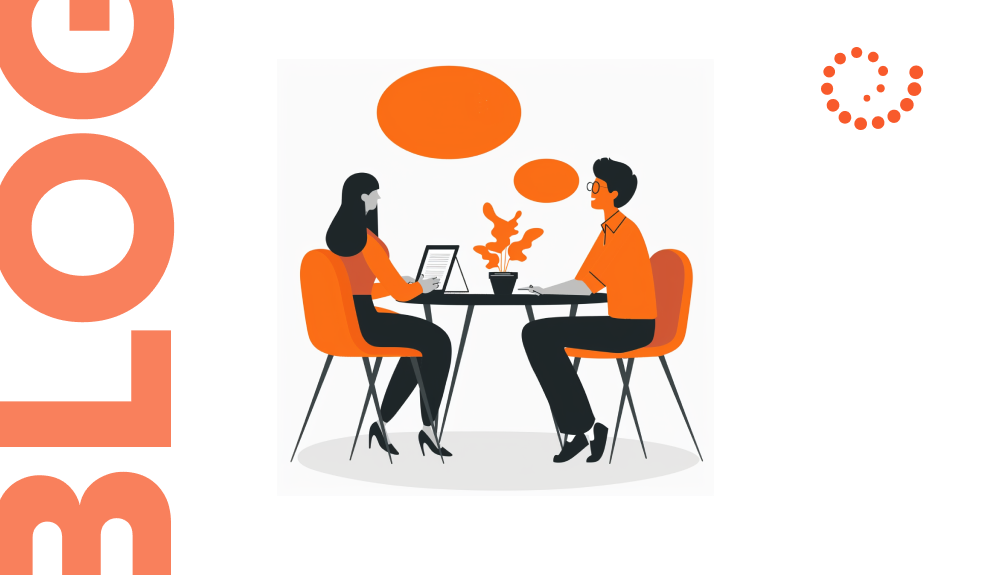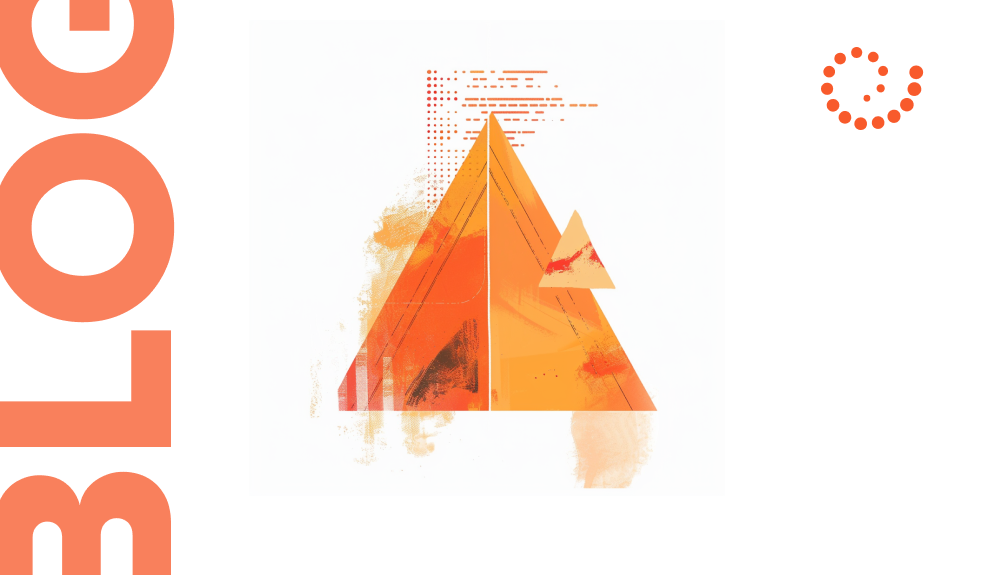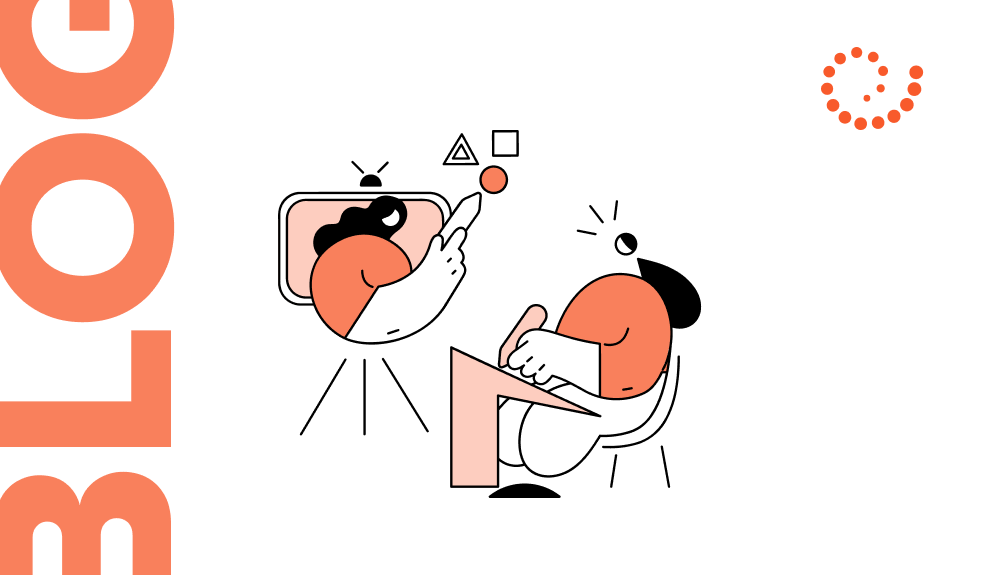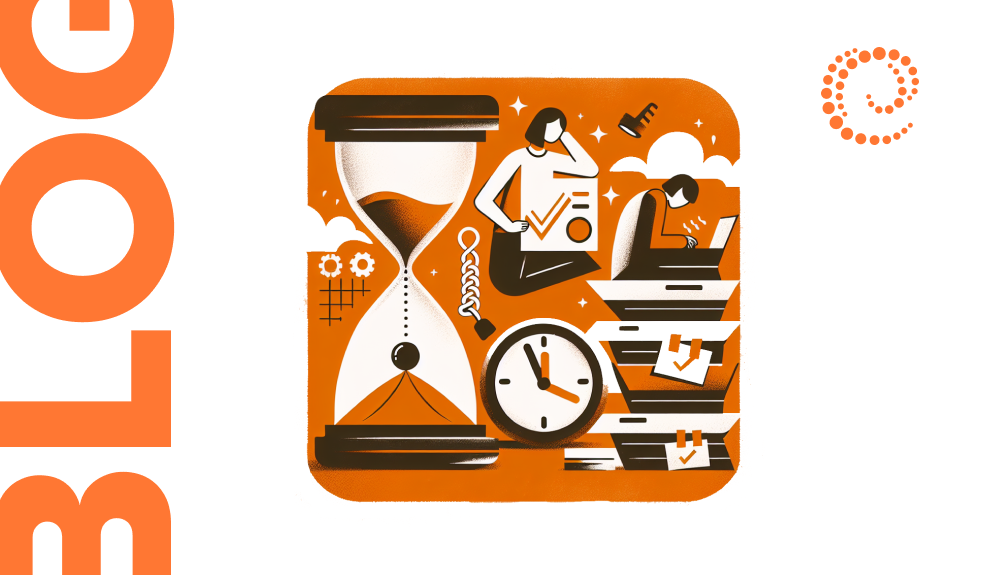
Toxic Productivity: No Rest for the Wicked
Alla Dortman | July 3rd, 2024
Productivity is usually about how many tasks you can complete in a certain time, like writing texts, doing code reviews, or making calls. Efficiency, on the other hand, is about the quality of those tasks. For example, if you conduct a hundred negotiations, but only five clients agree to purchase, that’s inefficient.
Being productive is important for earnings, job satisfaction, and career growth. But sometimes, chasing productivity leads us to give up hobbies, feel guilty for taking breaks, overwork, and not see a problem with it. Psychologists call this toxic productivity.
Toxic productivity is when being productive takes over your life, harming you and those around you. If you work 10 hours a day, haven’t taken a vacation in years, plan every minute, and avoid socializing due to work, this article is for you.
The Blurred Lines of Work and Life
Imagine this: your workday never really ends. With emails, instant messaging, and the ease of remote work, it’s all too easy to get sucked into the trap of toxic productivity. You find yourself working late into the night, skipping meals, and sacrificing sleep just to keep up with endless tasks and deadlines. Even when you’re supposed to be relaxing, you can’t help but check your emails and messages.
This constant dedication to work starts to overshadow your personal life, straining your relationships with loved ones. Despite all your hard work, you feel mentally and physically exhausted, and the passion you once had for your tasks is nowhere to be found. You might even start to see your constant busyness as a badge of honor, mistaking it for a sign of success and productivity.
Recognizing these signs is the first step towards breaking free from toxic productivity and finding a healthier balance between work and life.
The Roots of Toxic Productivity
Society
One of the possible reasons productivity becomes toxic is the prevailing societal attitude towards it. Overworking, a schedule filled to the brim, and a willingness to neglect health and personal life to meet a work deadline are considered signs of a good employee and a successful person. Meanwhile, “slackers” who turn off their work computer strictly on time and go about their own business are typically condemned.
Corporate Culture
Toxic productivity is even encouraged at the company level. Corporate employees are often told that they are not just going to work, but “changing the world,” and for this, they need to work more than the allotted forty hours a week. And although the World Health Organization has included burnout in the international classification of diseases, some managers continue to scoff at employees who complain about it. Add to that a super competitive atmosphere where everyone feels they have to outshine their coworkers, even if it means burning out. Plus, the whole hustle culture thing promotes the idea that you can only succeed by always grinding and giving up personal time.
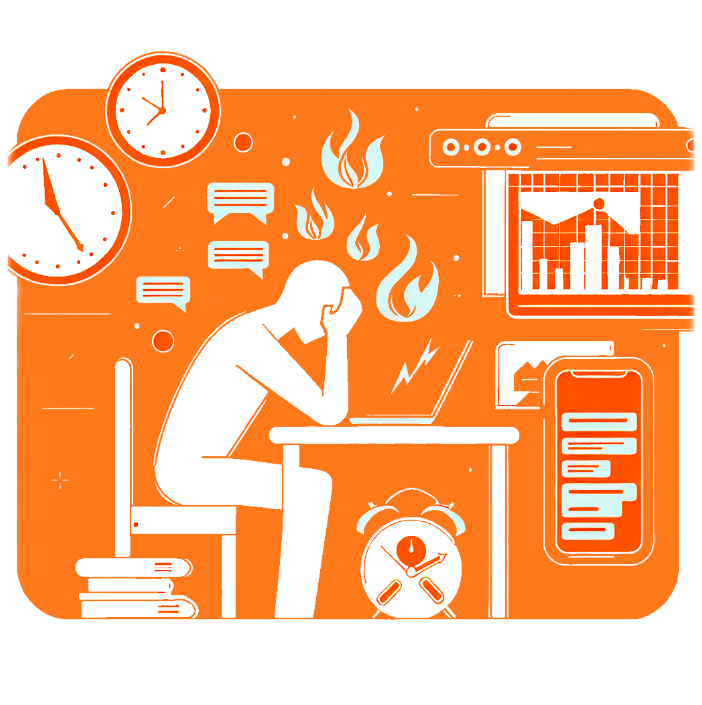
Personal Traits
Certain personal traits can make people more likely to overwork, leading to toxic productivity. For example, insecure individuals often try hard to prove they’re indispensable, working themselves to the bone to show their worth.
Then there are those who can’t say ‘no,’ taking on work for others and quickly getting overwhelmed. Some people have their entire life revolving around work, leaving no room for anything else, making them prone to overworking. People who are overly controlling also fall into this trap, feeling the need to manage every tiny detail.
Perfectionists are another group at risk. Their high standards and endless pursuit of perfection mean they often overwork to get everything just right. Freelancers and contractors might also overwork due to income instability, putting in extra hours to secure their finances.
Employees in companies with toxic corporate cultures, where overworking is seen as normal or even encouraged, often feel pressured by management and coworkers to put in overtime.
Lastly, team leaders and project managers, who feel responsible for their team’s results, frequently work extra hours to keep everything on track, especially when they’re focused on achieving team goals.
The Hidden Pitfalls of Overdoing It
While working hard is great, constantly overworking and ignoring your own well-being can really mess you up.
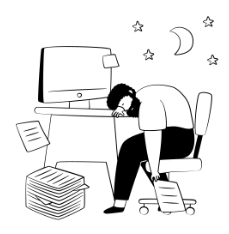
Meet Peter, a developer who’s always pushing himself to be as productive as possible. He’s the kind of guy who works 12-hour days, picks up extra tasks over the weekends, and can’t seem to relax even on vacation. Peter plans his day down to the minute, and any deviation throws him into a tizzy. While he’s proud of his hard work, his colleagues have started to notice that he’s become more irritable and is making mistakes because he’s so tired.
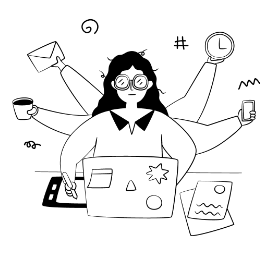
Then there’s Emily, a project manager who’s a total perfectionist. She believes her team should always be working at maximum capacity. Emily is constantly available, even in the middle of the night or on weekends, thinking that her constant control and pressure will lead to better results. But instead, her team is always stressed out, scared of making mistakes, and feels unsupported.
Peter and Emily’s stories are perfect examples of how glorifying overwork and ignoring personal well-being can backfire. Peter’s nonstop schedule hasn’t made him more productive. Instead, his constant fatigue and burnout are causing him to produce lower-quality work and make frequent errors. Emily’s approach has created a toxic work environment where her team is too stressed to perform well, leading to a vicious cycle of anxiety and poor performance.
Both Peter and Emily are facing serious mental and physical health issues because of their work habits. Peter’s chronic stress and lack of sleep are wreaking havoc on his health, leading to problems like tension headaches and poor sleep quality. Emily’s team, constantly on edge, is at risk of burnout, depression, and other mental health struggles.
5 Ways to Reclaim Your Work-Life Balance
1. Set Clear Work Boundaries
- Peter should set specific working hours and stick to them. Once the workday ends, he should make it a habit to turn off his work phone and email. This will help him draw a line between work and personal time, making it easier to unwind and relax.
- Emily needs to trust her team and not expect them to be available 24/7. She should set up a system, so employees know they can reach out to her, but only during reasonable hours. This will help create a healthier work environment for everyone.
2. Take Regular Breaks
- Peter should get up from his desk every couple of hours to stretch or take a walk. This will help him relieve tension and boost his overall productivity. Plus, stepping away for a bit can spark creativity and fresh ideas.
- Emily should also make it a point to take short breaks. This will help clear her mind and prevent burnout. When she takes breaks, it sets a good example for her team to do the same.
3. Learn to Say “No”
- Peter needs to get comfortable saying ‘no’ to extra tasks that fall outside his working hours or capabilities. This will help him avoid burnout and keep his workload manageable.
- Emily should keep an eye on how much work she’s assigning to her team. She needs to be able to say ‘no’ to additional projects if her team is already swamped. This will help everyone stay focused and productive.
4. Prioritize Tasks
- Peter would benefit from using tools like the Eisenhower Matrix to figure out which tasks are important and urgent, and which can wait. This will help him stay organized and focused on what really matters.
- Emily should use similar systems to delegate tasks among her team. This will help avoid overload and make sure everyone’s working on the most important stuff first.
5. Practice Self-Care
- Peter needs to remember to take time for himself. Whether it’s playing sports, enjoying hobbies, or hanging out with friends and family, these activities will help him recharge and stay energized.
- Emily should find a good balance between work and personal life. Regular weekends, vacations, and hobbies will keep her in a positive mood and ready to tackle work challenges. By taking care of herself, she’ll inspire her team to do the same.
Finding the Sweet Spot Between Work and Life
Sure, being productive is great for getting ahead, whether it’s in your career or personal life. But it shouldn’t come at the cost of your well-being. Spotting the signs of toxic productivity and making some smart changes can help you strike a balance that lets you shine in all areas of your life.
Real productivity isn’t about burning yourself out. It’s about finding a groove that supports your physical, mental, and emotional health. When you embrace a balanced approach, you’ll not only get more done over time but also enjoy a more fulfilling and enriching life.
Take a moment to think about your own work habits. Are there areas where you’re pushing yourself too hard? Make a promise to yourself to prioritize self-care and set boundaries that support a healthier work-life balance. And if you need a little extra help breaking free from toxic productivity, don’t hesitate to reach out to a professional coach or therapist.
Featured Articles
Join Our Team

Alla Dortman
HRD, Certified career coach
Discover more about Setronica and explore exciting career opportunities by visiting our dedicated career page.
Related
Recent Posts
- How to Use Kaggle Datasets for Research: 10 Essential Steps
- From University English Teacher to Language Training Specialist: A Journey into the Business World
- Stress Interviews: Hot Trend or Red Flag Central?
- Ensuring Reproducibility in AI Experiments
- Culture-Driven Coding: Leading IT Teams in a Global Landscape
Categories
SETRONICA
Setronica is a software engineering company that provides a wide range of services, from software products to core business applications. We offer consulting, development, testing, infrastructure support, and cloud management services to enterprises. We apply the knowledge, skills, and Agile methodology of project management to integrate software development and business objectives effectively and efficiently.

